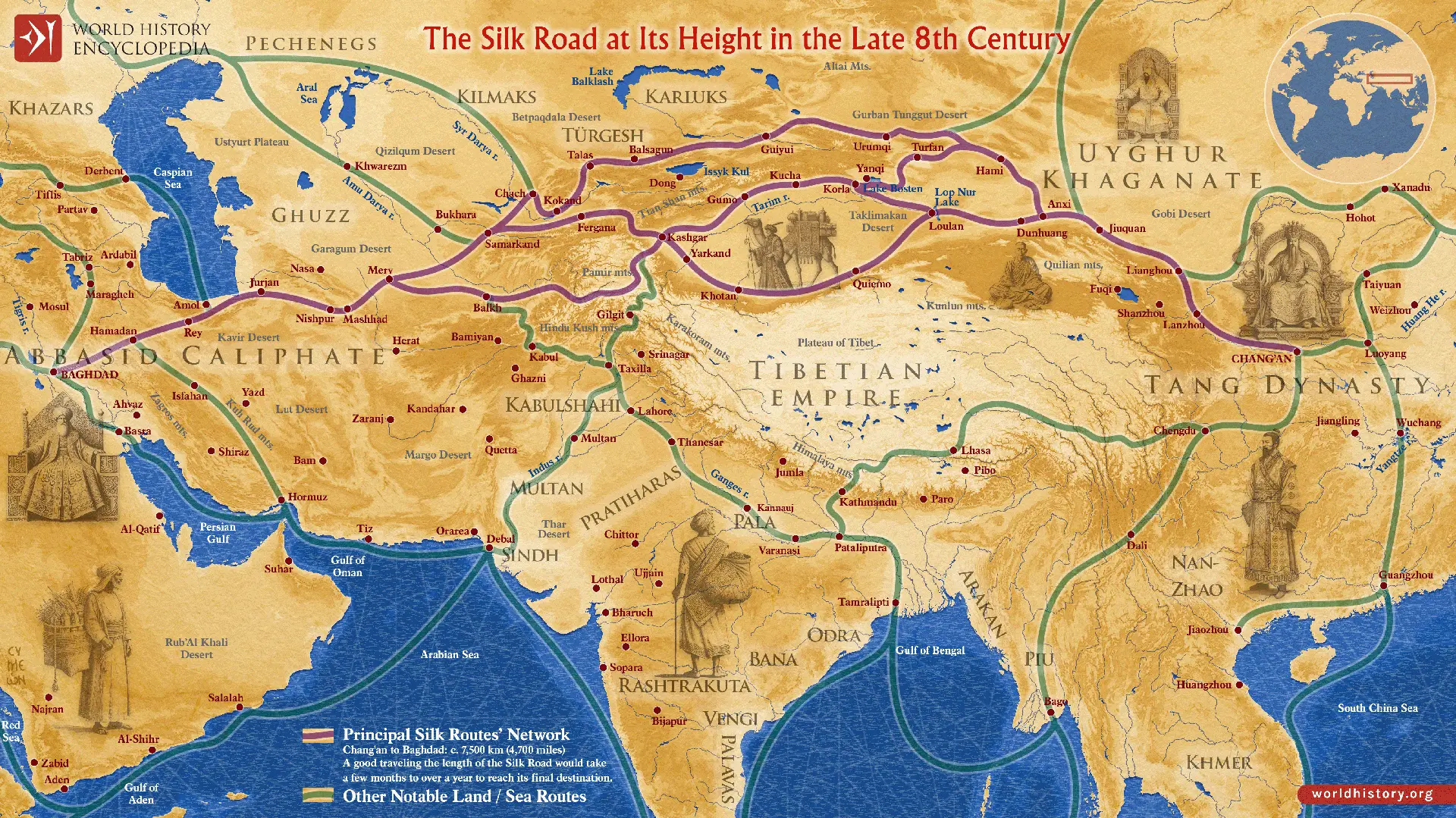Few products in the world carry as much history as Aleppo Soap. Known as the ancestor of all hard soaps, Aleppo Soap has been crafted by hand for over 2,000 years in the ancient city of Aleppo, Syria. It’s more than just a soap—it’s a symbol of tradition, craftsmanship, and natural living that has survived centuries of cultural shifts, trade expansions, and even war.
📜 The Origins: Where it All Began
Aleppo soap traces its roots back to ancient Mesopotamia. Historians believe that soap-making started in this region, with Aleppo becoming a key hub for refining the process.
Legend has it that Aleppo Soap may have been one of the first hard soaps ever created and that Crusaders introduced it to Europe, where it eventually inspired the famous Marseille soap.

🧼 Traditional Aleppo Soap-Making: A Craft Passed Through Generations
The process of making Aleppo Soap is as beautiful as the product itself. Soap makers follow centuries-old techniques, passed down from father to son:
1. Natural Ingredients: Olive oil, laurel (bay) oil, water, and lye.
2. Cooking: The mixture is heated in large copper vats for days.
3. Pouring and Drying: The soap is poured into large slabs, then cut by hand into cubes.
4. Stamping: Each soap block is stamped with the soap maker’s mark.
5. Aging: The soap is stacked and air-dried for 6 to 9 months. During this time, the soap’s exterior turns golden, while the inside remains green.
🌍 Aleppo Soap’s Role in Global Trade
Aleppo Soap became a prized commodity along the Silk Road, reaching the Middle East, North Africa, and Europe. Its reputation as a luxurious, skin-healing soap made it highly sought after by royals, travelers, and merchants.
🕊️ Survival Through Conflict
Despite the challenges of modern wars—particularly the Syrian Civil War—Aleppo Soap-making has survived. Some artisans remained in Aleppo, bravely continuing their work, while others re-established soap factories in Turkey and other countries to preserve this heritage.
🌿 Why Aleppo Soap Still Matters Today
What makes Aleppo Soap so enduring is its purity and simplicity. It contains:
- No chemicals
- No artificial colors
- No synthetic fragrances
Its unique combination of olive oil and laurel oil offers gentle moisturizing and natural antibacterial protection, making it a favorite among people with sensitive skin, acne, eczema, and other skin conditions.
🏛️ Aleppo Soap: A Living Piece of History
When you buy Aleppo Soap, you’re not just purchasing skincare—you’re holding a piece of history in your hands. It’s a direct connection to ancient craftsmanship, cultural resilience, and the beauty of nature.
📚 References
The Guardian - Aleppo's Soap Makers Keep Tradition Alive Amid War: https://www.theguardian.com/world/2016/nov/25/aleppo-soap-makers-keep-tradition-alive-syria-war
Smithsonian Magazine - The Ancient Soap That Survived Civil War: https://www.smithsonianmag.com/travel/aleppo-soap-ancient-cleanser-survived-civil-war-180958177/
Journal of Analytical Sciences - Antimicrobial and Antioxidant Activities of Laurus Nobilis L.: https://revues.imist.ma/index.php/JASAB/article/view/42581
MDPI - Essential Oils of Laurus nobilis L.: Biological Activities: https://www.mdpi.com/2304-8159/13/14/2282
Wikipedia - Aleppo Soap: https://en.wikipedia.org/wiki/Aleppo_soap